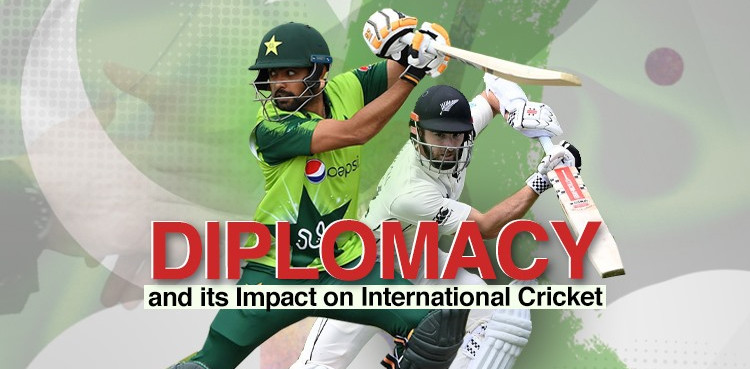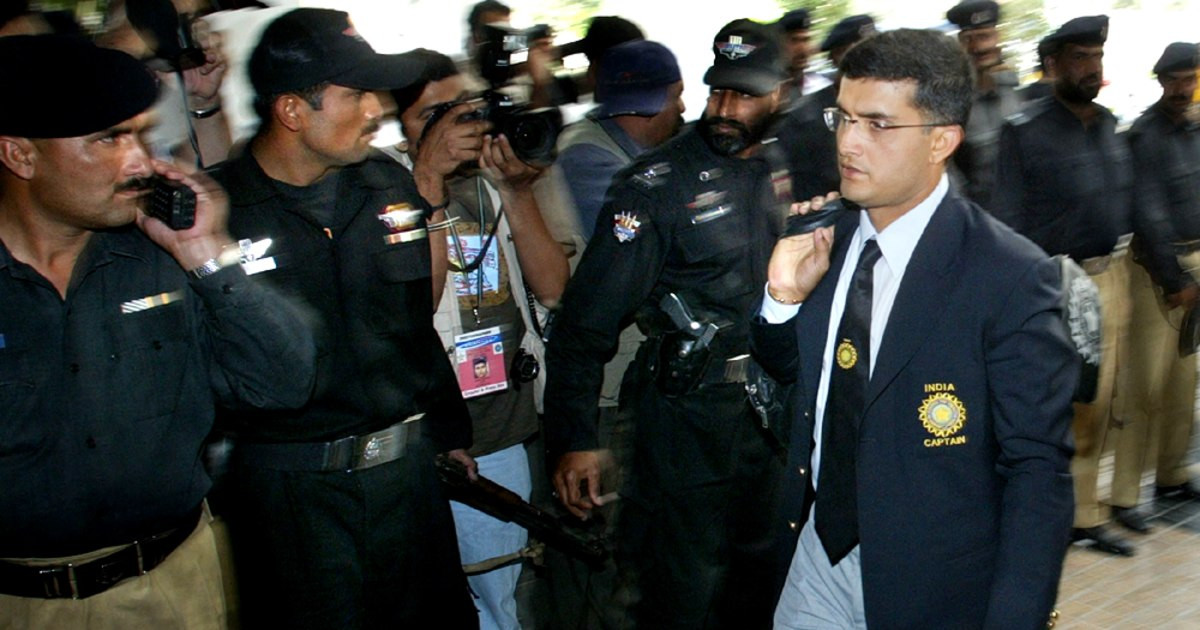India's Cricket Diplomacy: A Strategic Game?
In the heart of South Asia, cricket reigns supreme, captivating millions in both India and Pakistan. The matches between these two cricketing giants are more than just sporting events; they're spectacles drawing billions in revenue from broadcasting rights alone. But beyond the thrill of the game, a new dynamic is emerging: the use of cricket as a tool of diplomacy, particularly in India's dealings with Pakistan. The passion for cricket, a legacy from the British colonial era, has become deeply woven into the cultural fabric of both nations. This shared love for the game, however, is now being strategically leveraged in the complex geopolitical landscape of the region.
The Stakes Are High: More Than Just a Game
The cricket rivalry between India and Pakistan isn't merely a sporting competition; it's a reflection of their long and complex history, marked by partition, conflict, and unresolved tensions. Each match becomes a stage for the geopolitical hostilities between the two nations. Every victory, every loss, carries significant weight, often seen as unforgivable, especially on home soil. The intensity of this rivalry amplifies the global anticipation surrounding these encounters, making them some of the world’s most watched sporting events. The sheer number of viewers—a staggering 173 million television viewers and 225 million digital connections during the 2023 World Cup, according to BARC—attests to the captivating power of this love-hate relationship.
The 2025 Champions Trophy: A Diplomatic Impasse?
With the 2025 Champions Trophy looming in Pakistan, the geopolitical implications of cricket are starkly highlighted. India's recent decision to ban its men’s cricket team from participating, citing security concerns, has ignited a diplomatic debate. The last time the Indian team played in Pakistan was in February 2008. Since then, matches have been confined to neutral venues. This decision underscores the deep-seated distrust and security concerns that continue to plague relations between the two nations. The Indian government's concerns stem from Pakistan's history of instability, particularly the 2009 attack on the Sri Lankan cricket team’s convoy in Lahore, which left nine people dead and severely impacted international cricket in Pakistan until 2015.
The Role of the BCCI and the ICC: Navigating Complexities
The Board of Control for Cricket in India (BCCI) has cited security concerns as the reason for not sending its team to Pakistan, proposing a hybrid model for tournaments where matches could be played in neutral countries. However, the lack of an official letter from the Indian government corroborating this stance raises questions. This ambiguity has fueled speculation and calls for transparency from both the Indian and Pakistani media. Pakistan's media has highlighted the lack of official communication from India regarding the BCCI’s decision, demanding written confirmation to clear the air. They also point to the inconsistency, arguing that if the Indian government has instructed the BCCI not to send its team, it should have also informed the Pakistan Sports Board of its position regarding other events, such as the SAFF Games scheduled for February 2025 in Lahore. The Pakistan Cricket Board (PCB) has repeatedly urged the International Cricket Council (ICC) to provide written clarification from the BCCI, but to no avail. The lack of clear documentation fuels suspicion that the BCCI itself may be hesitant to participate in events hosted in Pakistan, adding another layer of complexity to the situation.
A Hybrid Model: A Solution or a Compromise?
The PCB has rejected the idea of a hybrid model for the Champions Trophy, insisting on hosting the tournament within its borders. The ICC faces a difficult decision. Relocating the tournament to a neutral venue, such as the UAE or Sri Lanka, is gaining traction to guarantee India’s participation, but this would come at a significant cost, impacting revenues from broadcasting rights and ticket sales. For the ICC, the match between these two rivals is essential to securing a significant portion of the tournament's financial success.
Cricket as a Diplomatic Tool: A Balancing Act
Subrahmanyam Jaishankar, India’s foreign minister, famously likened diplomacy to cricket, highlighting the elements of multiple players, changing conditions, and intense competition. While metaphorical, his statement reflects the growing strategic use of cricket in India's foreign policy. The country’s biggest passion is now an active diplomatic tool, particularly in its dealings with Pakistan. The strategy is a complex balancing act. It involves leveraging the popularity of cricket to exert influence, while simultaneously navigating the sensitive political realities and security concerns that underpin the India-Pakistan relationship. The ongoing debate surrounding the 2025 Champions Trophy exemplifies this complex interplay between sports and geopolitics. The future of cricket matches between these two nations holds significant implications for the overall dynamic of their bilateral relationship.
The Future of the Game: Beyond the Pitch
The India-Pakistan cricket rivalry is far more than just a sporting event. It's a microcosm of the broader geopolitical dynamics in South Asia, a reflection of the deep-seated historical tensions and the persistent challenges to building trust and fostering lasting peace between the two countries. The use of cricket as a diplomatic tool will undoubtedly continue to be a subject of debate and discussion, highlighting the complex intersection between sports and international relations. The next match between India and Pakistan, wherever it may take place, will undoubtedly be watched with bated breath – not just for the thrill of the game itself, but also for the diplomatic signals it might send. The legacy of the partition, the unresolved issues of Kashmir, and the ongoing security concerns will continue to cast a long shadow over the field of play. The future of the game and the diplomatic implications it holds remain uncertain, creating a gripping narrative that will continue to unfold in the years to come. The way forward requires not just clear communication, but also a willingness on both sides to bridge the divides and move beyond the legacy of conflict. The path to reconciliation will necessitate a focus on long-term cooperation, mutual respect and shared objectives, beyond the confines of the cricket pitch.


















